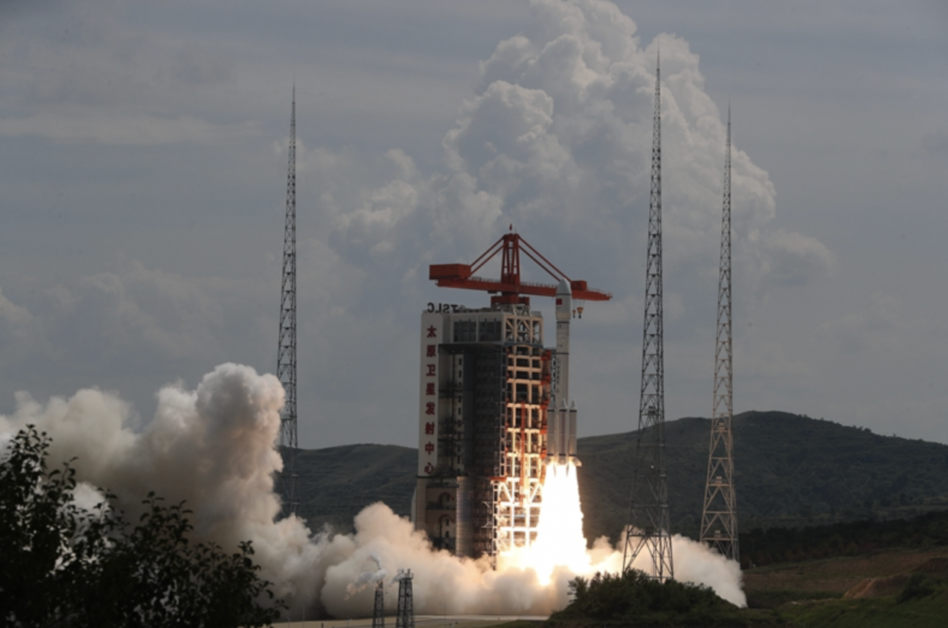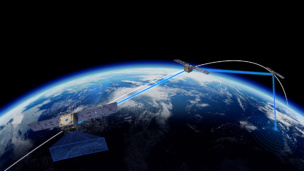The global competition to field huge satellite networks has a new entrant—China.
Yesterday, a Long March 6 rocket launched the first 18 satellites in the Thousand Sails (G60) mega constellation, marking the country’s first effort to build a Starlink-like network in LEO.
Full steam ahead: State-backed Shanghai Spacecom Satellite Technology (SSST)—the group behind the constellation and its memorable name—is planning a mad dash to deploy 600 satellites by the end of next year.
- The initial constellation will consist of 1,296 satellites, with plans to expand to around 15,000.
- The standardized satellites can reportedly be built in just a few days, supporting an annual production goal of 300 satellites.
- SSST raised 6.7B yuan ($938M) in February, the largest Chinese satellite funding round to date, according to state media China Securities Journal.
The constellation is designed to beam broadband internet to users worldwide, potentially including military comms use cases.
Sound familiar?
Ships passing in the night: The first Thousand Sails satellite deployment comes five years after SpaceX launched its first batch of operational Starlink satellites. Since then, the Starlink constellation has grown to over 6,000 satellites, supporting 3M users across more than 100 countries.
Starlink’s original rival, OneWeb, is now part of Eutelsat and operates more than 630 satellites, but it has scaled back its plans to rival Elon Musk’s satellite network.
Calm before the storm: Waiting in the wings is Amazon and its 3,236-strong Kuiper constellation. The do-it-all tech giant plans to launch its first group of operational birds in Q4 aboard an Atlas V, but faces an uphill battle to launch 1,618 spacecraft by July 2026, a key regulatory deadline.
China has announced two other major satellite comms mega-constellations: Guowang (12,992 sats) and the more recently announced Honghu-3 (10,000 sats).





